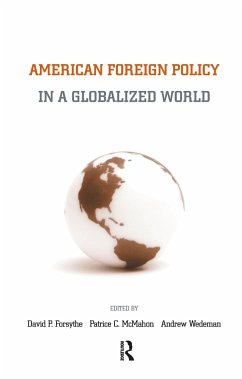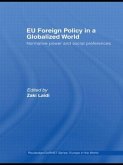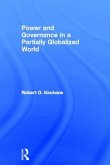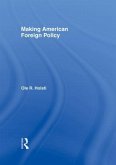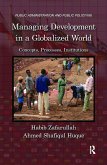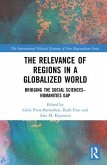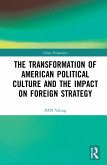It is commonplace by now that Bush administration has-in pursuit of its foreign policy goals-often demonstrated a preference for doctrinal-if not, ideological-unilateralism. But, is this approach a sustainable foreign policy in am increasingly globalized world? In "American Foreign Policy in a Globalized World, several leading foreign policy and international relations experts, consider the long term prospects and implications of U.S. foreign policy as it has been shaped and practiced during the presidency of George W. Bush.. The essays in this collection--based on the research of well-respected scholars such as Ole Holsti, Loch Johnson, John Ruggie, Jack Donnelly, Robert Leiber, Karen Mingst, and Edward Luck--offer a clear assessment: while U.S. resources are substantial, Washington's ability to shape outcomes in the world is challenged by its expansive foreign policy goals, its exceptionalist approach to international relations, serious questions about the limits of its hard power resources as well as fundamental changes in the global system. American Foreign Policy in a Globalized World illustrates one of the central ironies of the contemporary situation in foreign affairs and international relations: that at the very time of the "unipolar moment," the world has become globalized to such an extent that the unilateralism of the Bush Administration leads as much to resistance as it does to coercion, compliance, and cooperation.

